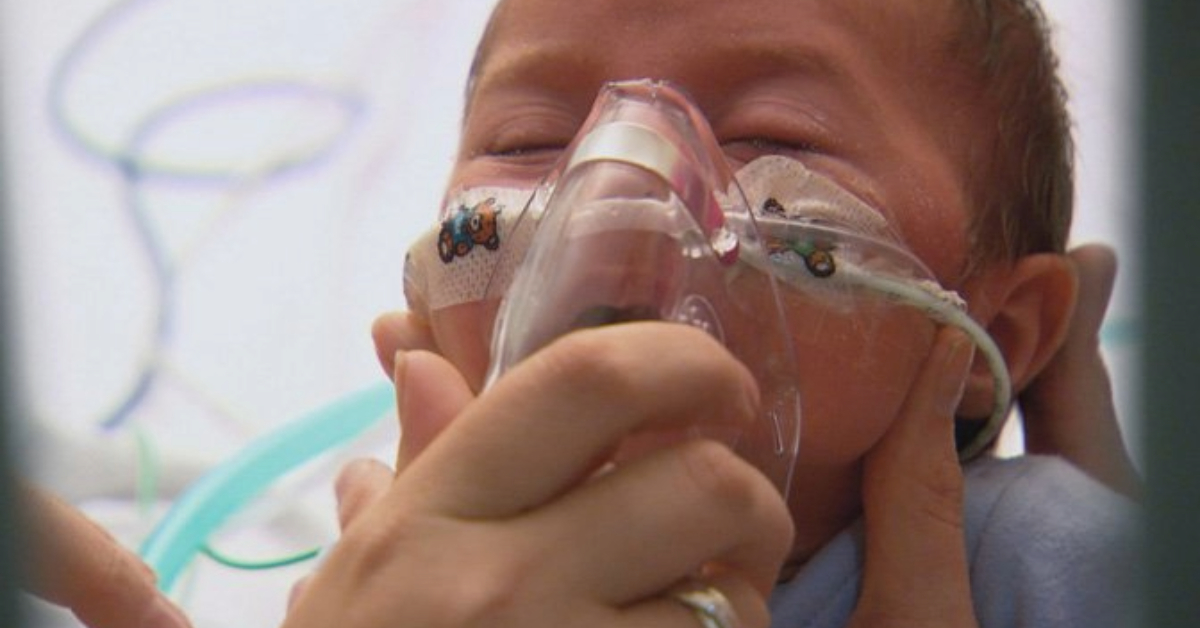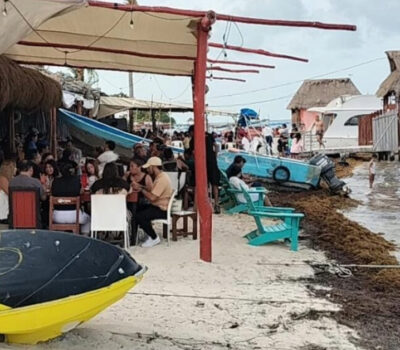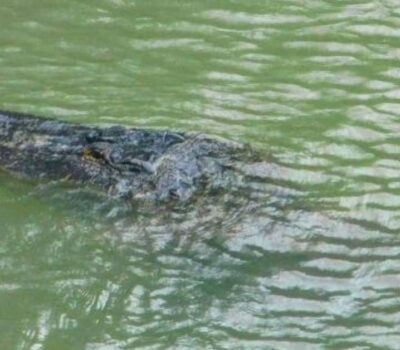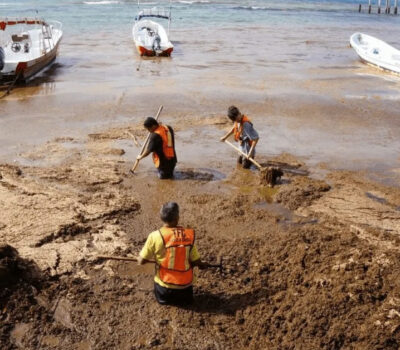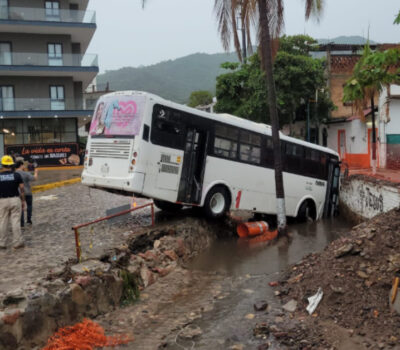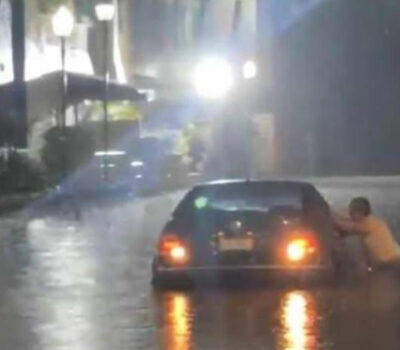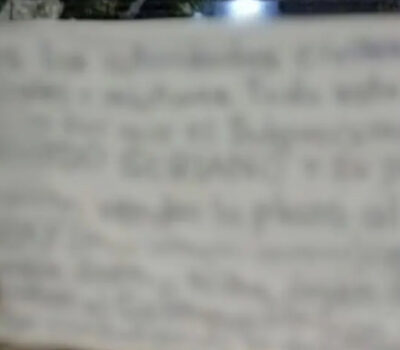Mexico faces a whooping cough outbreak with 1,110 confirmed cases and 56 infant deaths in 2025, prompting urgent vaccination efforts.
Mexico is experiencing a sharp and deadly surge in whooping cough infections, with over 1,100 confirmed cases reported so far in 2025 and 56 deaths—all in infants under one year old. Health officials are warning parents to vaccinate their children and urging pregnant women to receive their recommended dose in an effort to contain the spread.
According to the latest figures from federal health authorities, 1,110 confirmed cases of pertussis—commonly known as whooping cough—have been detected nationwide as of June 20. The respiratory disease, caused by the bacterium Bordetella pertussis, is highly contagious and particularly lethal to unvaccinated infants.
The 56 recorded deaths this year have all occurred in babies under 12 months of age, with nearly 90 percent of those fatalities in infants under six months. None of the infants who died had received the full schedule of vaccinations, highlighting a growing crisis of under-vaccination across the country.
Widespread outbreak across nearly all states
Confirmed cases of whooping cough have been documented in 31 of Mexico’s 32 states. Only Tabasco has yet to report a single case. The highest number of infections are concentrated in urban and densely populated areas:
- Mexico City: 109 cases
- Chihuahua: 107 cases
- Aguascalientes: 99 cases
- Nuevo León: 96 cases
Local health departments have flagged specific municipalities—such as Aguascalientes city, Ciudad Juárez, and Guadalupe—as hotspots for pertussis transmission.
The fatality rates are highest in states with historically lower vaccine coverage. Puebla accounts for 42.9% of all infant deaths, followed by Tamaulipas (20%), San Luis Potosí (14.3%), Jalisco (14%), and Chiapas (13.2%).
Over 1,000 percent spike since early 2025
The increase in cases has been sudden and steep. By early April (week 14), Mexico had registered just 696 confirmed cases and 37 deaths. By week 17, that number had jumped to over 1,000 cases and 49 deaths—an increase of more than 1,100%. Just a month later, 1,110 infections and 56 deaths had been confirmed.
Comparatively, the country saw fewer than 500 cases in all of 2024, making 2025 a year of unprecedented resurgence.
Why are cases rising?
Health experts attribute the spike to several intersecting factors:
- A decline in national immunization coverage
- Vaccine shortages in some states
- The growing influence of anti-vaccine misinformation
- Disruptions in routine care due to the COVID-19 pandemic
Public health officials have noted a sharp drop in infant vaccine uptake and a growing number of parents delaying or skipping vaccinations altogether. The hexavalent vaccine, which includes protection against whooping cough, is scheduled at 2, 4, and 6 months, with boosters later in childhood. Without these, infants are highly vulnerable.
Pregnant women are also advised to receive the Tdap vaccine during their third trimester to protect newborns via passive immunity. However, national data shows that fewer than half of all pregnant women have received the shot this year.
Government response and public health alert
In response to the alarming rise in infections, Mexico’s Health Ministry declared an epidemiological alert earlier this year and launched an urgent national vaccination campaign. Clinics and hospitals across the country have been mobilized to increase coverage, especially in areas with high infant mortality rates.
Public health authorities are also promoting a strategy known as “cocooning,” which involves vaccinating parents, caregivers, and anyone else who may come into contact with a newborn. The goal is to surround infants—who are too young to be fully immunized—with a wall of protection against the disease.
Educational campaigns are also underway to counter vaccine skepticism and encourage prompt medical attention at the first sign of symptoms.
Symptoms and prevention
Whooping cough typically begins with cold-like symptoms and develops into severe coughing fits that can last for weeks. In infants, these episodes can lead to difficulty breathing, vomiting, and death due to complications like pneumonia or apnea.
Treatment involves antibiotics such as azithromycin or erythromycin, but early intervention is critical. The disease is highly contagious and spreads through coughing, sneezing, and close contact.
Health professionals advise families to follow standard hygiene practices, including frequent handwashing, staying away from sick individuals, and avoiding kissing infants on the face.
What parents need to know
Health officials urge parents to ensure their children are up to date on vaccinations and to ask their healthcare provider about Tdap if pregnant. The vaccine is safe, effective, and remains the best line of defense against a disease that is preventable—but deadly if ignored.
With the outbreak continuing to spread, authorities stress that only widespread immunization can break the chain of transmission and save lives.
Mexico faces a whooping cough outbreak with 1,110 confirmed cases and 56 infant deaths in 2025, prompting urgent vaccination efforts.

